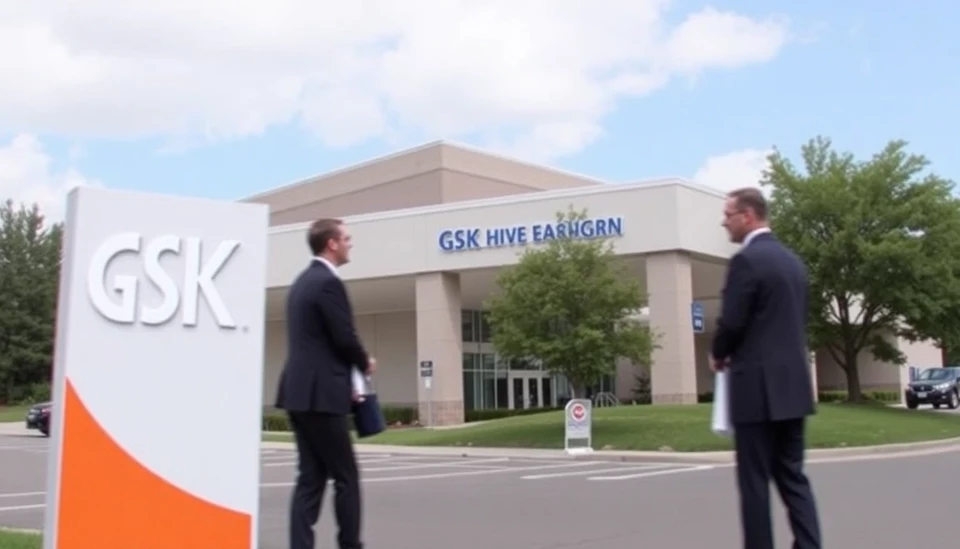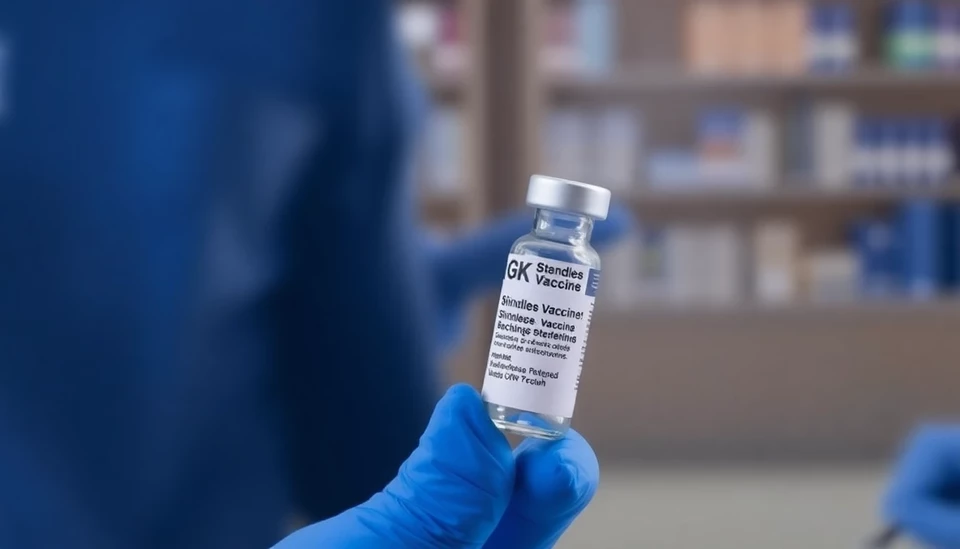
In a noteworthy development, GlaxoSmithKline plc (GSK) is setting its sights on an aggressive expansion in the field of oncology, particularly in the development and commercialization of innovative cancer treatments. This strategic pivot comes at a time when investor confidence has been shaky, largely due to growing concerns regarding the company’s drug pipeline and the potential impact on future revenue streams.
GSK's commitment to cancer drugs was underscored during a recent investor conference, where executives highlighted the promising potential of several oncology medications currently in late-stage development. The company is particularly focused on harnessing the power of immunotherapy and targeted treatments that could significantly improve patient outcomes in challenging cancers. This ambitious growth strategy aims to alleviate the pipeline anxieties that have plagued investors following delays and setbacks in other therapeutic areas.
Despite the challenges, GSK has identified over a dozen pivotal clinical trials that it believes could lead to new marketable therapies by the end of the decade. Among these, GSK has received considerable attention for its two promising candidates currently in Phase III trials. These drugs target specific genetic mutations in tumors and demonstrate a favorable side-effect profile, which aligns with the industry's demand for more patient-centric treatment options. The potential approval of these drugs could not only provide significant growth for GSK but also enhance its reputation in the oncology arena.
Moreover, the global cancer therapeutics market is projected to grow substantially in the coming years, making this a timely move for GSK. The company is in a race against time, as fierce competition looms from both established pharmaceutical giants and emerging biotech firms. However, GSK’s historical R&D capabilities combined with its recent acquisitions in oncology are expected to position it favorably in a crowded market.
In an effort to regain investor confidence, GSK's management is engaging in transparent communication about the pipeline’s status and the strategic measures being implemented to ensure successful outcomes. This includes streamlining internal processes, increasing resource allocation to oncology, and fostering collaborations with leading research institutions.
Furthermore, GSK is actively monitoring feedback from regulatory authorities to navigate the complex landscape of approval for new therapies. Early indicators from recent meetings suggest a supportive environment for innovative cancer treatments, which bolsters the company's growth prospects.
The future looks promising for GSK as it balances the dual challenge of restoring investor faith while pushing forward its mission to redefine cancer care through advanced therapeutics. By investing heavily in its oncology portfolio, GSK is hoping to not only make a significant medical impact but also to ensure a stable financial outlook for years to come.
As the company confidently strides into the oncology market, stakeholders and analysts alike will be watching closely to see if GSK can turn the tide and emerge as a leader in cancer treatment innovation.
#GSK #oncology #cancerresearch #pharmaceuticals #investorconfidence #drugdevelopment #immunotherapy #clinicaltrials
Author: John Harris




